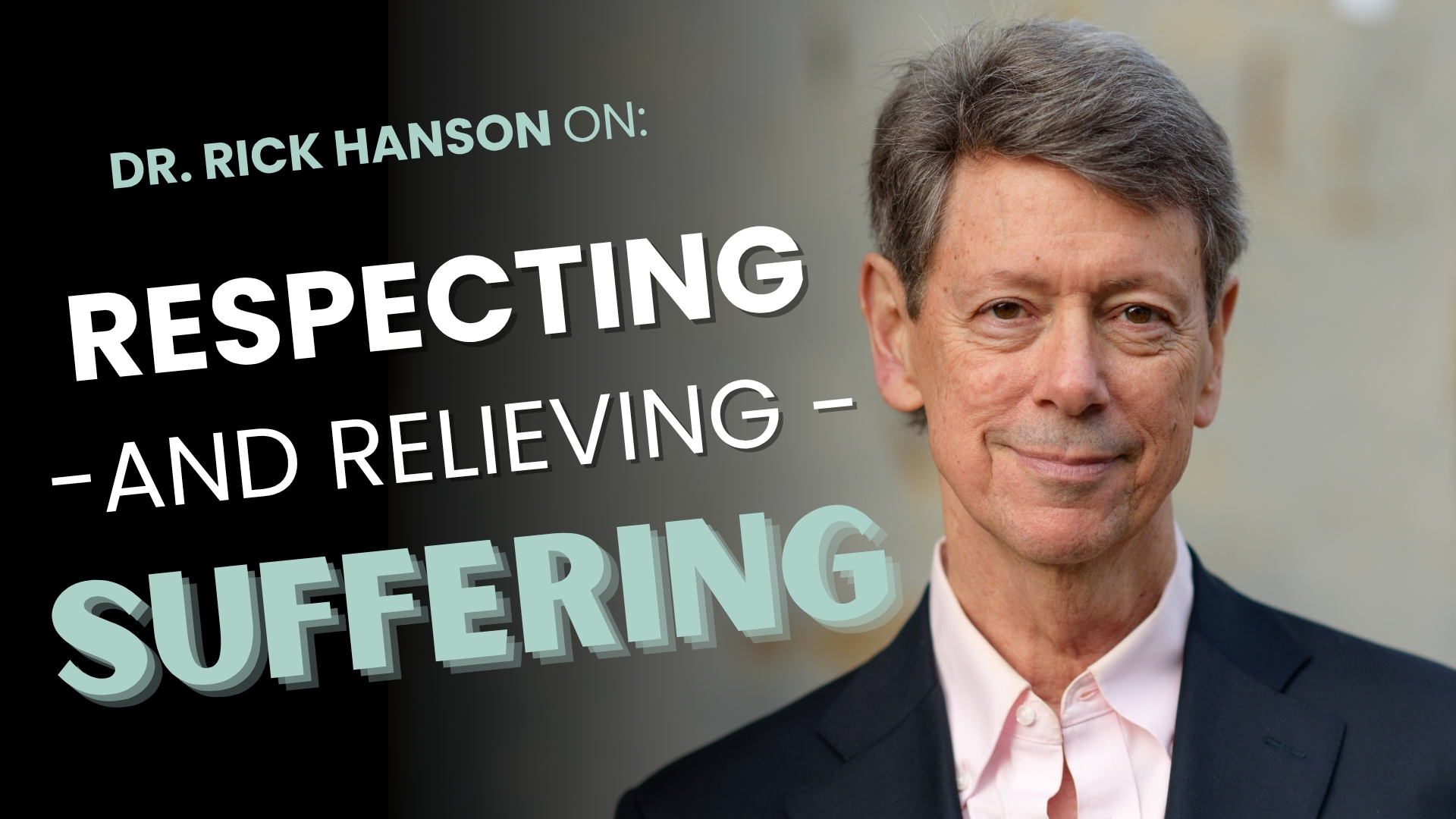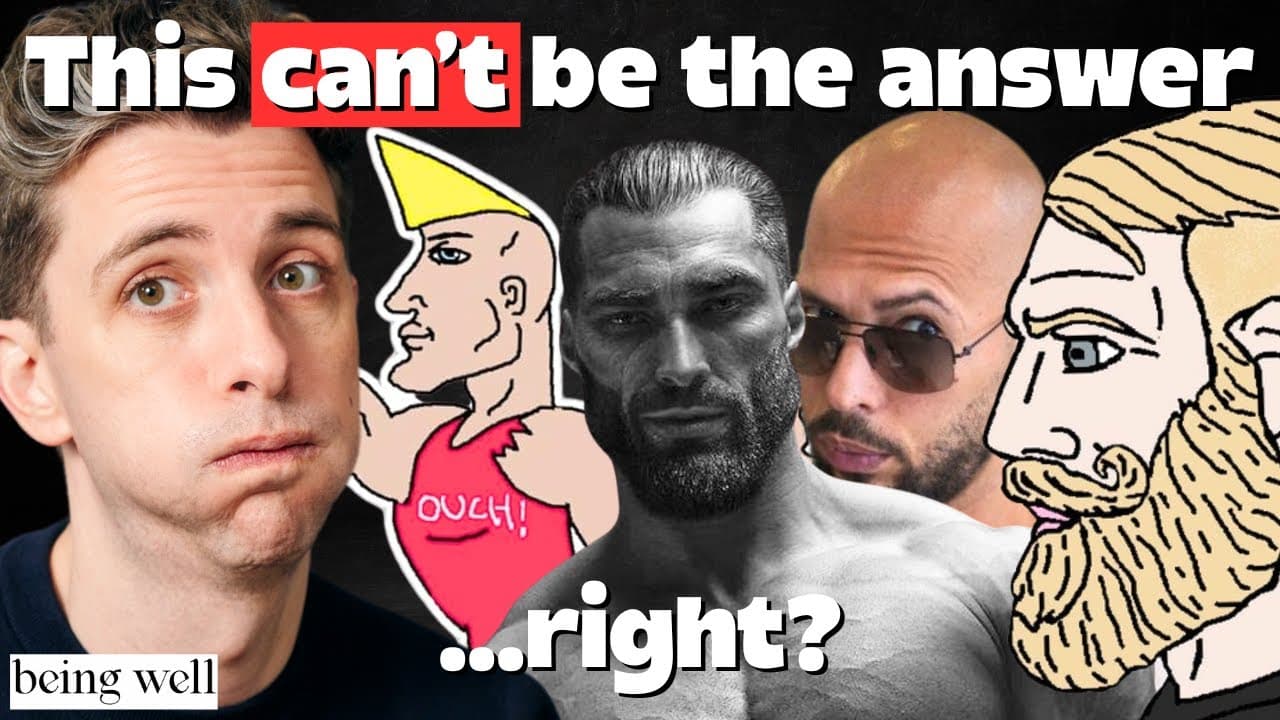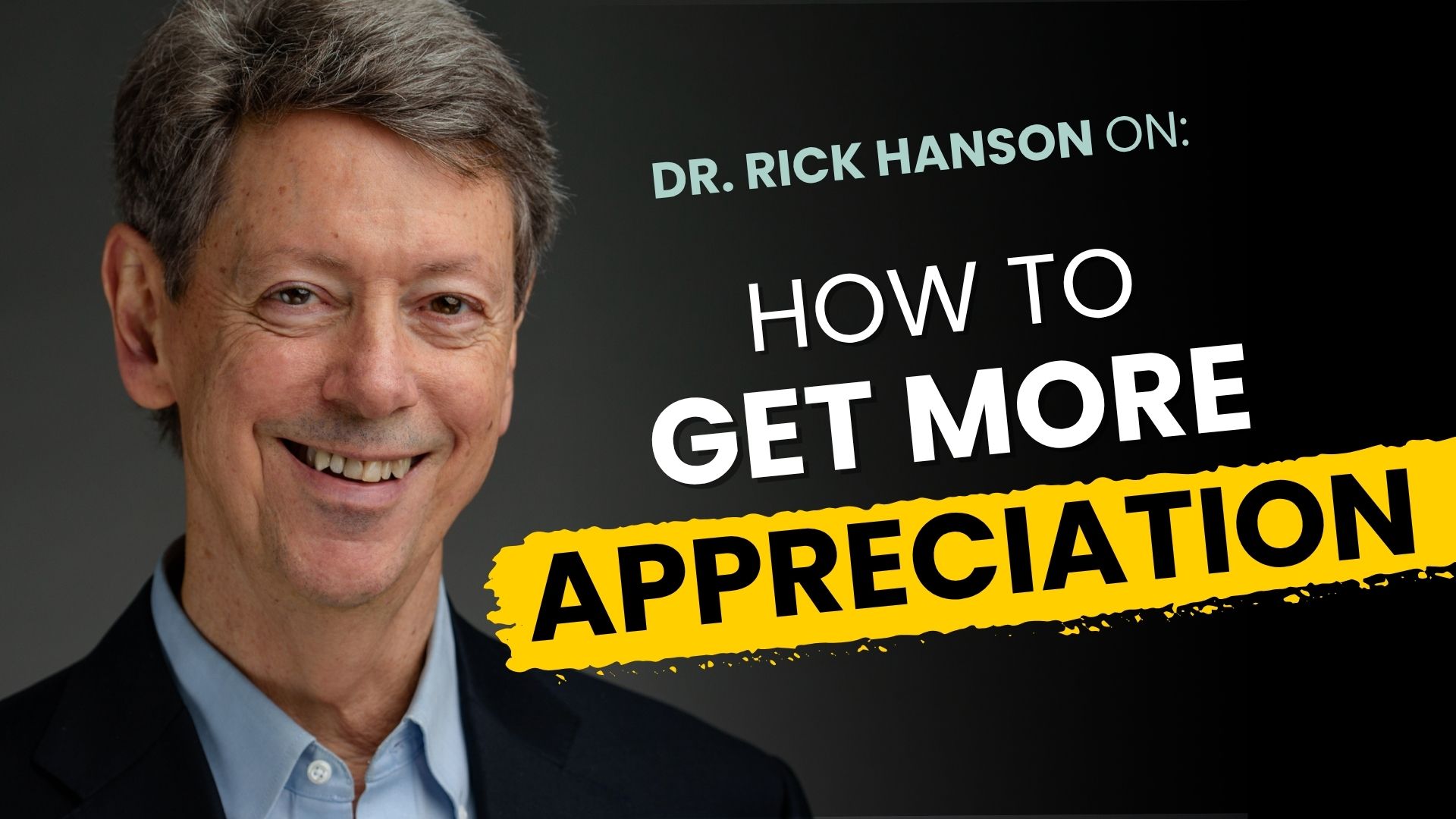Have you ever scolded a dog and seen him or her look guilty?
Obviously, animals do not have the elaborated textures of thoughts and feelings that humans do. But our emotions, even the most subtle ones, have their roots in our ancient evolutionary history. By understanding that history better, we do not reduce our feelings to animal instincts, but instead find illuminations from our past that paradoxically give us more choices in manifesting ourselves as fully human.
We can find two sources of shame spectrum emotions in our evolutionary history.
First, many animal species live in social groups with clear dominance hierarchies. Once those pecking orders are established, it can be lethal to challenge them. Consequently, many species have developed ways of signaling submission to the established order of alpha-males and –females. Consider how dogs losing a fight will bare their throat, or chimpanzees will display gestures of deference.
Birds, and especially mammals, have rudimentary forms of the brain circuitry that produces emotion in humans. Those circuits would not have developed, consuming lots of metabolic resources, if they did not produce reproductive benefits.
Emotions function in the brain to motivate and guide behavior. We can’t read the mind of a chicken, sure, or that of a dog or an ape, but it seems like a very efficient way to keep these animals in line if they are experiencing emotions or attitudes that are the equivalent of feeling less than the Big Dog of the pack.
Second, taking this one step further, pack animals evolved cooperative behavior. Think penguins huddling together in the Antarctic winter, and cattle circling around their calves in response to wolves hunting in packs. But in most cases, their cooperation does not involve personal sacrifice for the good of others.
That comes in, big time, with primates, who appeared around the middle of the Cretaceous period, roughly 80 million years ago – so they had lots of time to evolve altruistic behaviors such as food sharing. And the full flowering of altruism – giving to others with no immediate tangible reward – is really seen in humans.
But how could altruism evolve when it would seem to confer reproductive disadvantages on the one who was altruistic? This has been a thorny question in sociobiology, with some interesting answers.
What they have found is that altruism makes sense from an evolutionary perspective when three conditions are present:
- People (including our hominid ancestors several million years ago) lived and predominantly bred within social groups (typically around 20 – 200 members). Consequently, even if a person’s altruism led to her not passing on her genes, close relatives would live and pass on their own, and would be more likely to do so, given her sacrifice.
- Social groups competed intensely with each other for scarce resources in the wild, so ones that worked well together – including because of personal, altruistic sacrifices of some group members – would have their reproductive advantages make a big difference.
- The reputation of individuals would be known to others. So if someone became known as a non-reciprocator – a taker, not a giver – then he risked others no longer sharing food, shelter, etc. So people developed a natural interest in their reputation, in what others thought of them.
An unpleasant emotion that punished individual tribe members for not stepping up for the tribe in fights with other tribes, and for not reciprocating today for help offered yesterday, would help a tribe succeed in its brutal competition with other tribes. And as a variant on that theme, an unpleasant emotion that enabled tribe members to train their young quickly in proper behavior – proper in central Africa, a million years ago, or during the last Ice Age, say 15,000 years ago – would also confer advantages to that tribe.
Thus the origins of shame and guilt in the long slow grind of evolutionary history.




